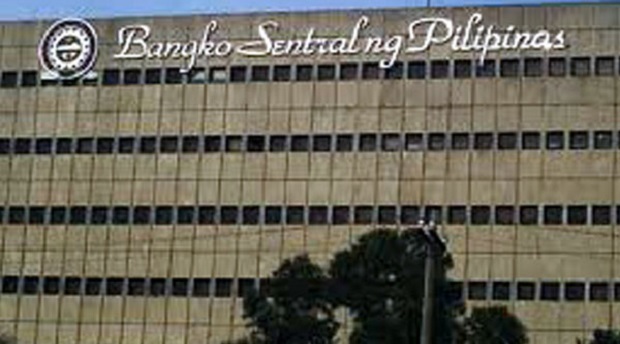AMLC set to probe Metrobank fraud

INQUIRER FILE PHOTO
Metropolitan Bank and Trust Co. may be subjected to a probe by the Anti-Money Laundering Council (AMLC) in the aftermath of a massive fraud incident involving anywhere between P900 million and P2.5 billion in illegally disbursed loans orchestrated by a rogue officer.
An investigation by regulators tasked with guarding against the movement of so-called “dirty money” in or through the local financial system will depend on the findings of the ongoing investigation being conducted by the Bangko Sentral ng Pilipinas on the country’s second-largest bank.
“There are many questions begging to be answered,” BSP Governor Nestor Espenilla Jr. said when asked about the focus of the probe, which began last Thursday. “We’ll know soon enough [whether the issue needs to be elevated to the AMLC] from the [findings of the] investigation.”
The Inquirer revealed last Friday that Metrobank might have lost as much as P2.5 billion after one of its officers— corporate services assistant vice president Maria Victoria Lopez—allegedly engineered the illegal release of loans to a fake account in the name of a corporate client, which she then either withdrew or remitted outward. A ranking Metrobank official who declined to speak on the record, however, insisted that an ongoing probe has so far uncovered “only P900 million” in losses to this fraudulent scheme.
Bank sources disclosed to the Inquirer that the scam might have been ongoing since 2012 using bank accounts illegally opened by the perpetrator or perpetrators—and controlled by them—in the name of an unwitting corporate client, Universal Robina Corp. (URC).
The sources told the Inquirer than the fraudulent loan releases were made in small tranches, often averaging “around P30 million each time” to avoid suspicion since the Gokongwei-owned URC had a P25-billion credit line from Metrobank.
Of particular interest for the BSP in its ongoing probe is the integrity of the George Ty-controlled bank’s internal controls and the presence or absence of checks and balances that should have detected the scam at the first instance.
“It’s also possible that existing dormant accounts were used,” Espenilla said about the method by which the suspected perpetrator or her accomplices, if any, managed to siphon the funds from the bank.
The BSP chief, who also chairs the AMLC, said the elevation of the issue into a money laundering case was “possible, but not immediately.”
“That can be triggered by BSP referral based on what it finds out,” he said.
Espenilla—who is only entering his fourth week as the country’s chief banking regulator—took the opportunity to bat for greater powers for authorities to look into bank accounts that are suspected to be conduits for illegal activities like financial fraud.
“What is a really clear lesson to draw here is that deposit secrecy laws should go if we want better surveillance,” he explained.
